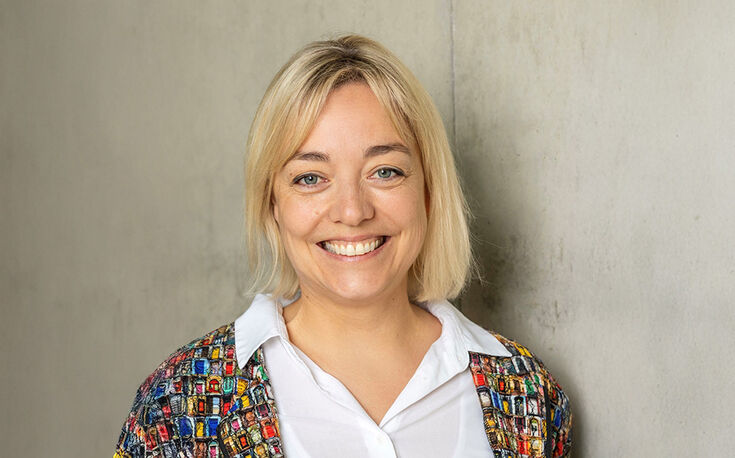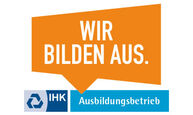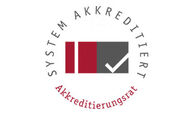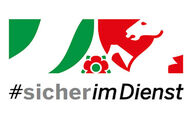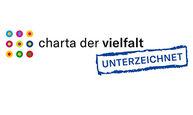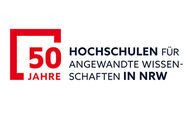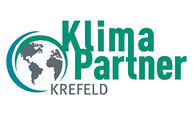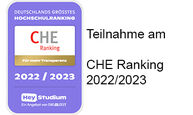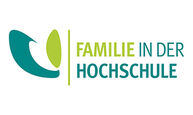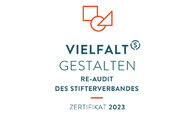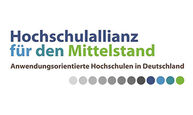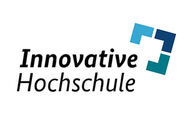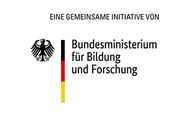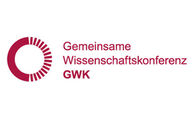The Hochschule Niederrhein (HSNR) achieved a very pleasing result in terms of third-party funding in 2024. A total of around 21.5 million euros flowed into research, transfer and teaching. At 21 million euros, research and transfer accounted for the largest share, while half a million euros went to teaching. This was the fourth time after 2017, 2021 and 2023 that the HSNR exceeded the 20 million euro mark.
"Our researchers turn knowledge into impact - together with partners in the region and beyond. The fact that we were able to acquire over 21 million euros in third-party funding shows how practical science at the Hochschule Niederrhein provides concrete answers to pressing questions about the future," emphasises Professor Dr Kathleen Diener, Vice President for Research and Innovation.
The largest share of third-party funding came from 46 publicly funded projects, which together brought in 19.9 million euros. The most important donors include the European Union, the federal government and the state of NRW. In addition, 1.1 million euros were raised from the private sector for 43 projects.
The projects with the most third-party funding, which also represent the key areas of research at the Niederrhein University of Applied Sciences, deal with highly topical innovation issues in the food industry, circularity in the textile industry and social innovations and thus characterise the university's innovation profile.
In the area of the food industry and digitalisation, the focus is on the development of new technologies and processes that improve the quality and sustainability of food and at the same time use the potential of data processing for digital solutions. One particularly outstanding project is the Launchcenter Lebensmittel project - with 4.11 million euros, the third most funded project of 2024. The aim is to establish an innovation centre for the industry in which new products and processes are developed in close cooperation with regional companies. The SenSpores project focuses on innovative sensor strategies for the rapid identification of contaminants in food and utilises innovative processes for more precise food safety. In addition, the SPoHF - Sustainable Production of Healthy Food project is working on sustainable production methods that are optimised using digital technologies for data analysis and processing.
In the field of textiles and the circular economy, projects such as R(h)einTex and [Re]Value are working on innovative recycling processes and the use of regional raw materials such as hemp and sheep's wool. The EU project CELLFIL is also developing environmentally friendly cellulose lyocell fibres for sustainable textile production as part of a large EU-wide consortium.
In the area of social innovation, start-ups and promoting young talent, the RediStar project, for example, focuses on diversity-sensitive start-up support, while the graduate cluster "AUFBRUCH" develops new business models for a sustainable bioeconomy and combines this research topic with the promotion of young academics.
In addition to these research projects, a total of 61 cooperative doctorates were supervised with partner universities in 2024 - a further indicator of the scientific networking of the Niederrhein University of Applied Sciences.


